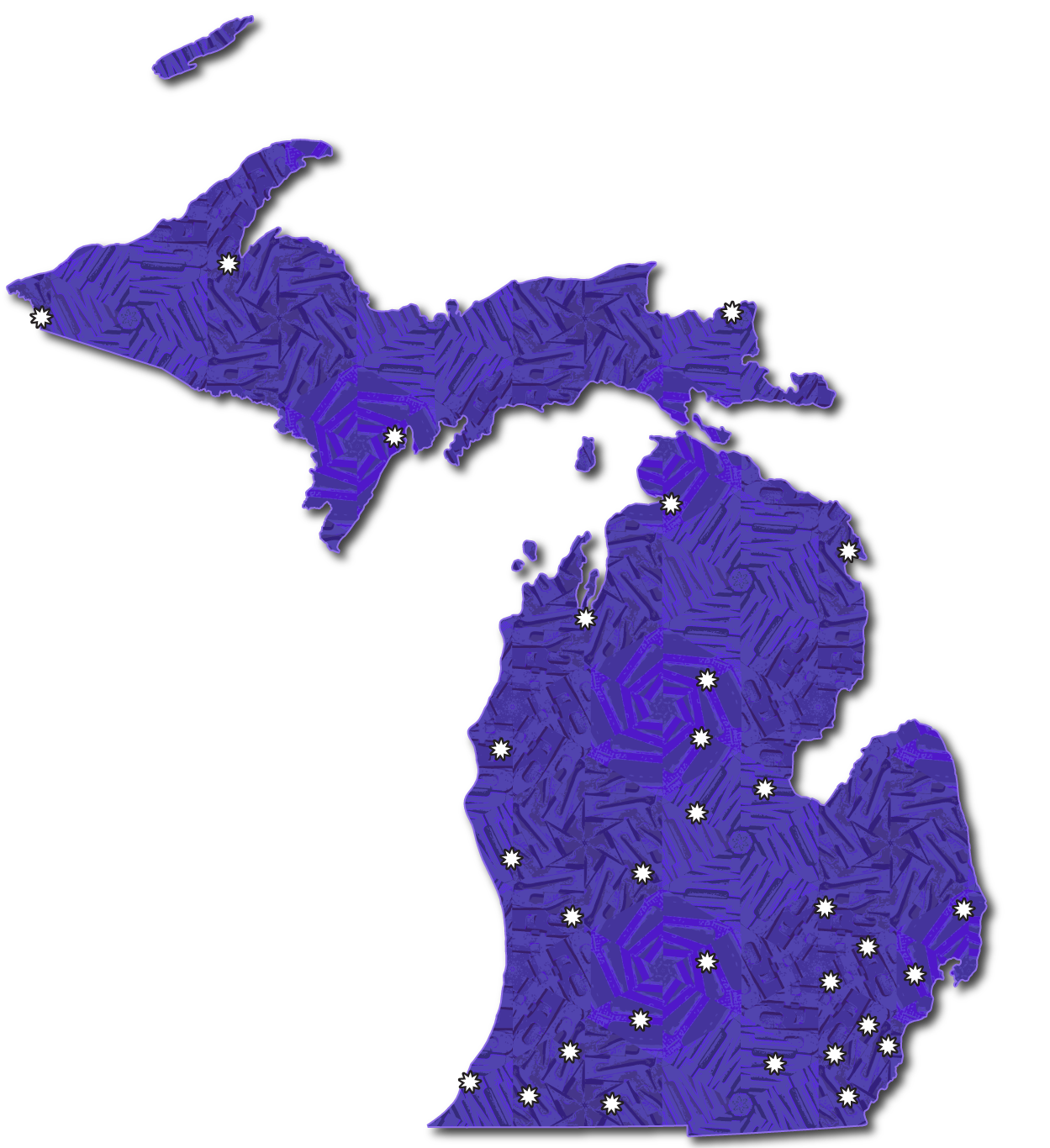Mental Health Improvement through Community Colleges
Improving access to evidence-based mental health care for individuals attending community colleges across Michigan
Mental Health Improvement through Community Colleges
Improving access to evidence-based mental health care for individuals attending community colleges across Michigan
OUR MISSION
Assess Needs and Identify Evidence-based Solutions
We partner with community college providers, decision-makers, and students to assess current gaps in mental health access for students and help colleges identify evidence-based interventions and strategies to bridge these gaps.
WHY COMMUNITY COLLEGES
Community Colleges Make Education Accessible…
Community colleges have lower costs, more flexible classes, and are often closer to home than 4-year colleges and universities. They are key drivers of social mobility and serve diverse student populations. 62% of full-time community college students are employed, and 29% are first-generation college students.
…But Not Necessarily Mental Health
Nearly half of community college students report symptoms of a mental health disorder, and the majority of these disorders go untreated. Unaddressed mental health concerns contribute to poorer academic outcomes and also impact student retention, future earnings, and long term health outcomes. Our mission is to work with community colleges to determine how to most effectively support the mental health needs of community college students.

THANK YOU TO OUR FUNDERS
Supporting Our Mission to Make a Difference
The MHICC initiative is supported by funds from the Centers for Medicare & Medicaid Services through the Michigan Department of Health and Human Services, the Michigan Health Endowment Fund, IMPACT Center at the University of Washington, the Blue Cross Blue Shield Foundation of Michigan, and the John G. Searle Professorship at the University of Michigan School of Public Health.





